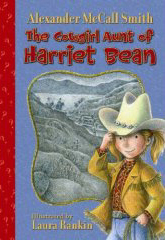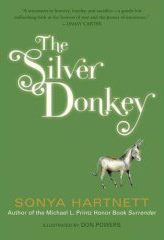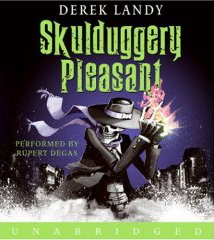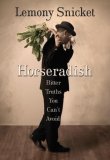
Living With the Passive-Aggressive Man: Coping with this frustrating miscommunication between women and men, by Scott Wetzler, Ph.D.
Simon & Schuster, New York, 1992. 207 pages.
ISBN: 0-671-76791-7
My husband used to freely admit to being passive-aggressive. In fact, I wasn’t very familiar with the term until he used it more than once to describe himself.
Reading this book has been tremendously helpful in helping me understand how his wanting a divorce could have so completely blind-sided me. With hindsight, I can see the anger sitting below the surface. At the time, I believed the coverups.
It also helps me keep from feeling jealous about any new relationships he might form: They will still have to deal with passive-aggression. A new woman won’t make it go away.
And, best of all, it helps me know what to expect in my dealings with my husband as the divorce happens, and gives me the strength to opt out of any passive-aggressive games. This book is empowering.
The author tells why he has written a book about passive aggression:
“The answer is simple: passive-aggressive behavior fractures relationships that would otherwise thrive….
“This book is for women like you, who deal with, live with, have been hurt by and have hope for this unique character: the passive-aggressive man. If you love such a man, then you know him as someone who never seems to love you back fully; he promises but rarely delivers. He sees himself as a casualty of recurrent misunderstandings, a bundle of intricately overlapping layers of behaviors no one can penetrate. What makes his personality confusing is that he’s passive, coaxing, elusive, but also aggressively resistant to you, to intimacy, to responsibility and reason.
“Right now, confused by his behavior, you may be doubting yourself, not him…. But passive-aggression is an understandable psychological pattern — anger its driving force, and fear its hidden secret. As you read this book and recognize the pattern, you will be less confused by the passive-aggressive men in your life and the games they play. The ultimate success or failure of your relationship will be how the two of you willingly deal with his — and your — problems.
“As you gain some perspective on the passive-aggressive personality, you can laugh about his games and loop-the-loop logic. You can take him or leave him, and decide what’s best for yourself.”
Dr. Wetzler helps you understand what’s going on and helps you have the ability to opt out of the games.
He also talks about what kind of women fall for passive-aggressive men, particularly Victims, Managers, and Rescuers. His explanation of our behavior is convicting and eye-opening, and he has ideas for stopping the cycle of behavior that feeds passive-aggression in the one we love. Not that we are responsible for this behavior — but he helps us see how we inadvertently feed it.
I do like the author’s summary of what you most need to understand:
“– A passive-aggressive man is responsible for how he feels, no matter how persuasively he denies those feelings rather than accepting them.
“– A passive-aggressive man is in charge of the choices he makes, good and bad. The same is true for you.
“– You must be clear about your expectations in a relationship with a passive-aggressive man, communicate them, enforce whatever limits you set and get out, if necessary.”
Dr. Wetzler also reminds us: “Throughout, I’ve spoken in great detail about the feelings and attitudes that comprise passive-aggression. I wanted to help you understand, too, that even though you care about him, you’re not responsible for a passive-aggressive man’s problems or how he reacts to you. Most of all, I wanted to confirm that you are not responsible for getting him to change. While your emotional support is important, getting him to understand his behavior and make changes are the jobs of a therapist.”
A helpful, enlightening, and empowering book.
Find this review on the main site at:
www.sonderbooks.com/Nonfiction/passive_aggressive_man.html







